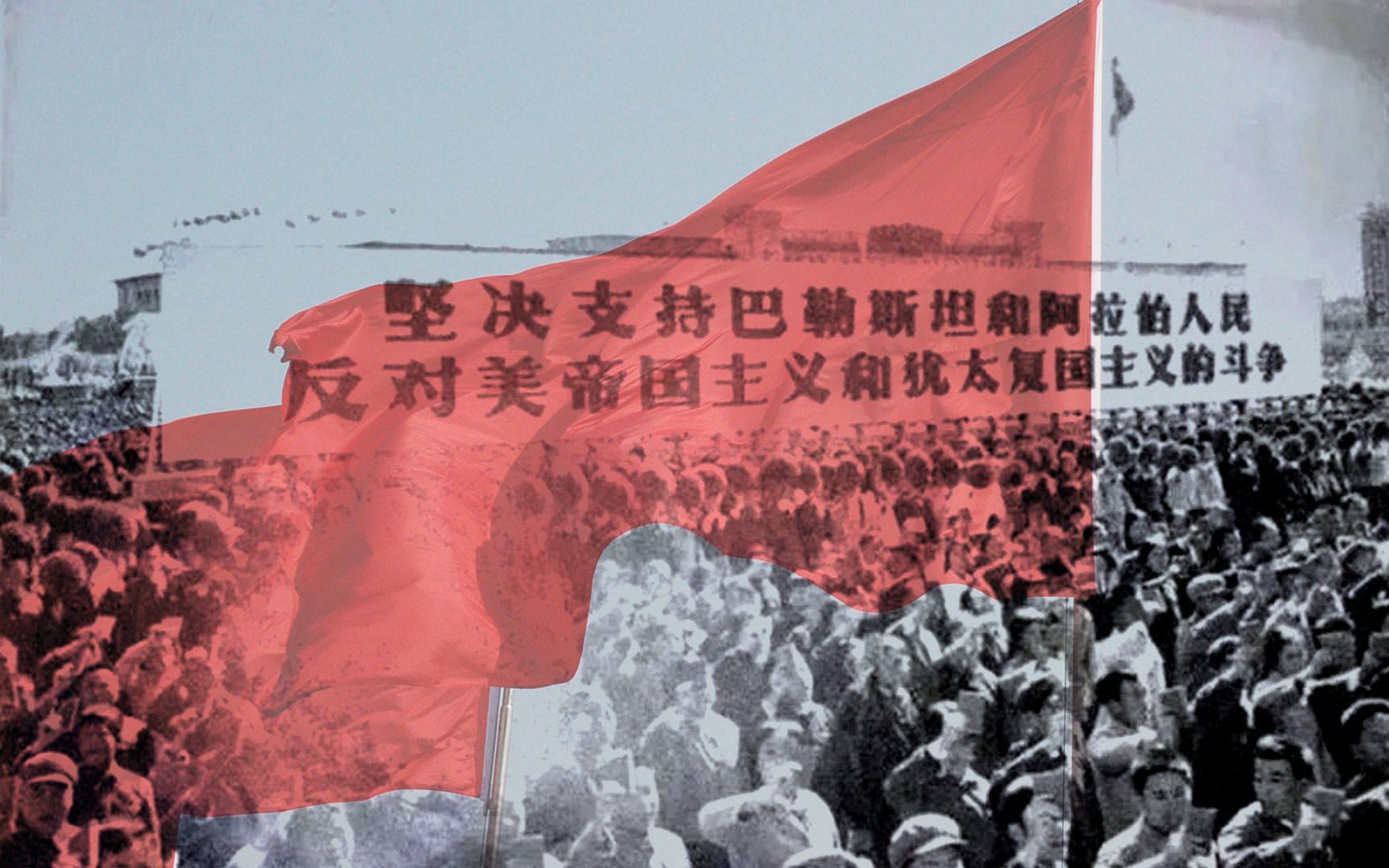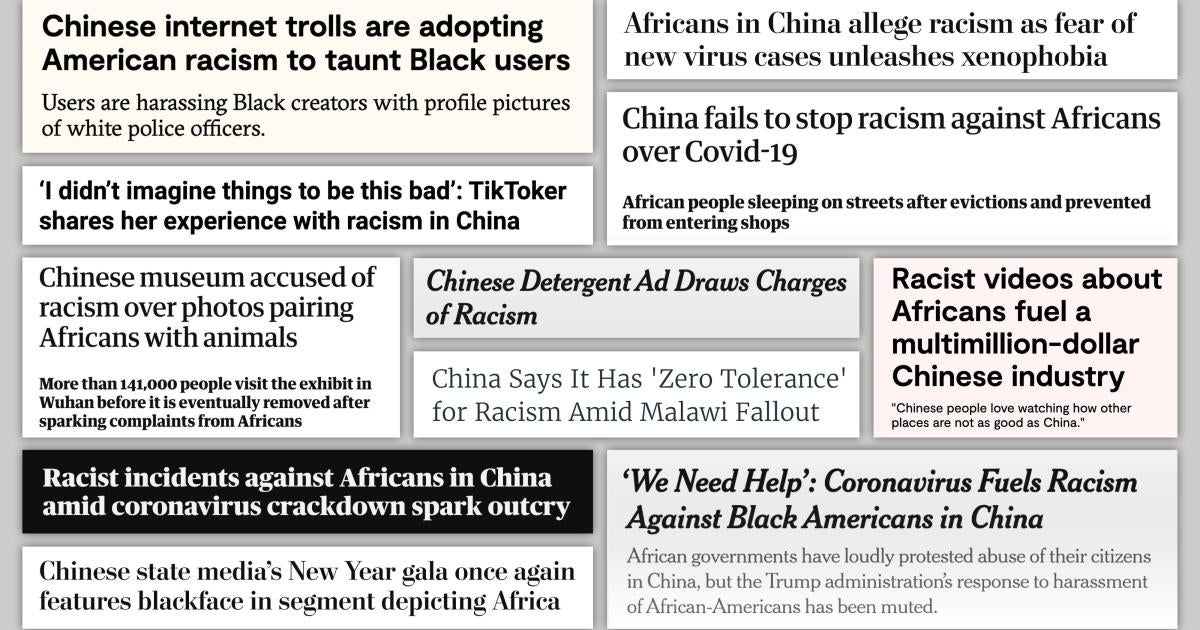

China's role in global racism extends beyond antisemitism and antiblackness. A recent article from the Made in China Journal explores the spectres of anticolonial internationalism in contemporary China, shedding light on the country's evolving stance on global issues. The article discusses the emergence of anticolonial internationalism in China and its transformation into a more narrow nation-state framework. It highlights the radical legacies of anticolonial imagination in China and the potential of fiction to foster solidarity. The article references a letter published by anonymous Chinese internationalists in March 2022, expressing support for the Ukrainian people and criticizing Russia, the US-NATO alliance, and the Chinese government's ambiguous stance. The letter emphasized the importance of solidarity with antiwar advocates and oppressed peoples. Wu Qin, the co-author of the letter, founded the independent journal hxotnongd, which focused on postcolonial struggles in the Global South and aimed to promote resistance and solidarity. The article also examines Wu Qin's short story 'A Letter from a Tehran Prison,' which resonated with Chinese readers by drawing parallels between the experiences of the protagonist and Chinese protestors. The story was published in China as though it occurred in Iran, highlighting the persistence of anticolonial internationalism in China. The article concludes by discussing China's expressions of solidarity with Palestine and its engagement in discussions about Gaza [106b6ae6].
Human Rights Watch has called on the Chinese government to acknowledge and condemn anti-Black racism on social media platforms. The organization found that major Chinese social media platforms, including Bilibili, Douyin, Kuaishou, Weibo, and Xiaohongshu, do not routinely address racist content. Racist content on the Chinese internet directed at Black people has become common in recent years, often created by netizens for the purpose of attracting traffic and generating revenue. The content includes offensive racial stereotypes, denigration of interracial relationships, and impersonation of Black people. Chinese social media platforms have published community standards and guidelines banning content promoting racial or ethnic hatred and discrimination, but they have not responded to Human Rights Watch's inquiries regarding their policies and response to anti-Black racism. The Chinese government, which maintains one of the world's most sophisticated internet censorship regimes, has at times condemned online racism when it triggers a backlash. However, state media in China has perpetuated racism, including the use of blackface. The International Convention on the Elimination of All Forms of Racial Discrimination (ICERD), to which China is a party, obligates countries to condemn racial discrimination and undertake measures to eliminate it. The UN Committee on the Elimination of Racial Discrimination recommends that governments undertake information campaigns and educational policies to combat racist hate speech. Human Rights Watch calls on the Chinese government to counter hate speech online through affirmative or nonpunitive measures, such as public education and promotion of tolerance. [d7828018]